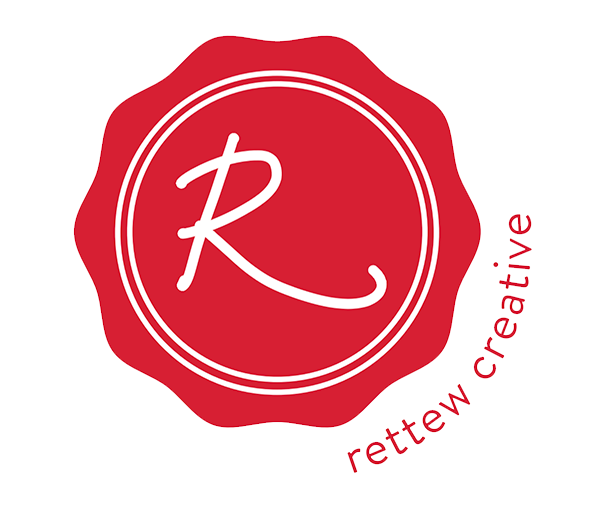I recently read an article from a 16 year old about why teenagers choose Facebook over Twitter. The article is titled “Why Teenagers Don’t And Won’t Tweet.” It was rather fascinating to hear this teenager’s perspective. The one thing that I took away from this article is this…teenagers are social creatures and picky about their online friends. Facebook gives them the opportunity to interact exclusively with their friends. They can manage who sees what, who reads what, and how they interact with others. Teenagers are finicky little creatures. But what they want is real relationships. Twitter is so nebulous to their world, it is hard for them to grasp the mass audience of Twitter.
I know that each time I start a new semester at Clemson, I ask my new students…”What social networks do you use?” All use Facebook, and at a most two students per class (of 20) say they are using Twitter. The same amount that use Twitter have a blog. Teenagers just have a hard time with talking with a mass audience. They want to feel connected. They also have a limited attention span, thus not wanting to invest in another social network that does not bring immediate results. Facebook to them is easy, because they meet someone new, look them up on Facebook, look at their pictures, make an assessment, then decide whether to ask to become friends. They can keep in touch with friends when they move away or when everyone splits up to go to college.
Teenagers are picky. They do not want to share with lots of random people, they enjoy their networks. They enjoy interacting people that they have met in person and regularly interact with in physical space and not just a digital space. They understand the power of human contact. They look at relationships based on some level of trust, trust that begins in-person and extends to the digital space.
Lately, I have been feeling the need to trim down my list of people I “Follow” on Twitter and who I consider “Friends” on Facebook. I talked about this in my post “Fall cleaning, raking leaves, and cleaning-up the social space.” I think a lot of the social complexity and anxiety has come from the Twitter platform. I know I opened my account in the Fall of 2008. I had no idea how to get started? The Twitter “handles” or usernames were so weird to me. It was hard to find people you knew because people were creating weird usernames. I just used my real name @BobbyRettew. So, you started following people based on who your “New” friends were following. You would find someone, then go through the list of who they were following, and clicked “Follow”, “Follow”, and “Follow”.
The terminology of Twitter led to this whole idea of “Thought Leadership.” I will “Follow” you and what you say. Then terms like “Social Media Rockstars” started emerging, placing significance on those who had the most followers. So the natural thought was to go out, follow as many people as possible in the hopes they would follow you back. No real relationship building, just choosing to run through a huge mass of people like walking through the Atlanta Hartsfield Airport during the holidays. You could pass someone, but had no idea if you were following them. Why would a teenager want to sign up for something like this? I challenge each of you to go into a room of 20 plus teenagers and convince them that they need a Twitter account. It is like talking to a room of crickets…and fingers clicking as they tune-out and look at Facebook.
I have also been noticing many people mentioning that they are trimming back who they “Follow” and see as “Friends” online. We are not finding the “relationships” but rather noise. Why did we fall for the idea of friending and following people we did not know, all in the hopes to be followed back. Were we trying to build a sphere of influence or real relationships? Or are we just “push” marketers at heart spraying our information? Regardless…we have lots to learn from teenagers and why they choose Facebook…engaging with exclusive relationships.
Image credit: Los Angeles Times & Washington Post

